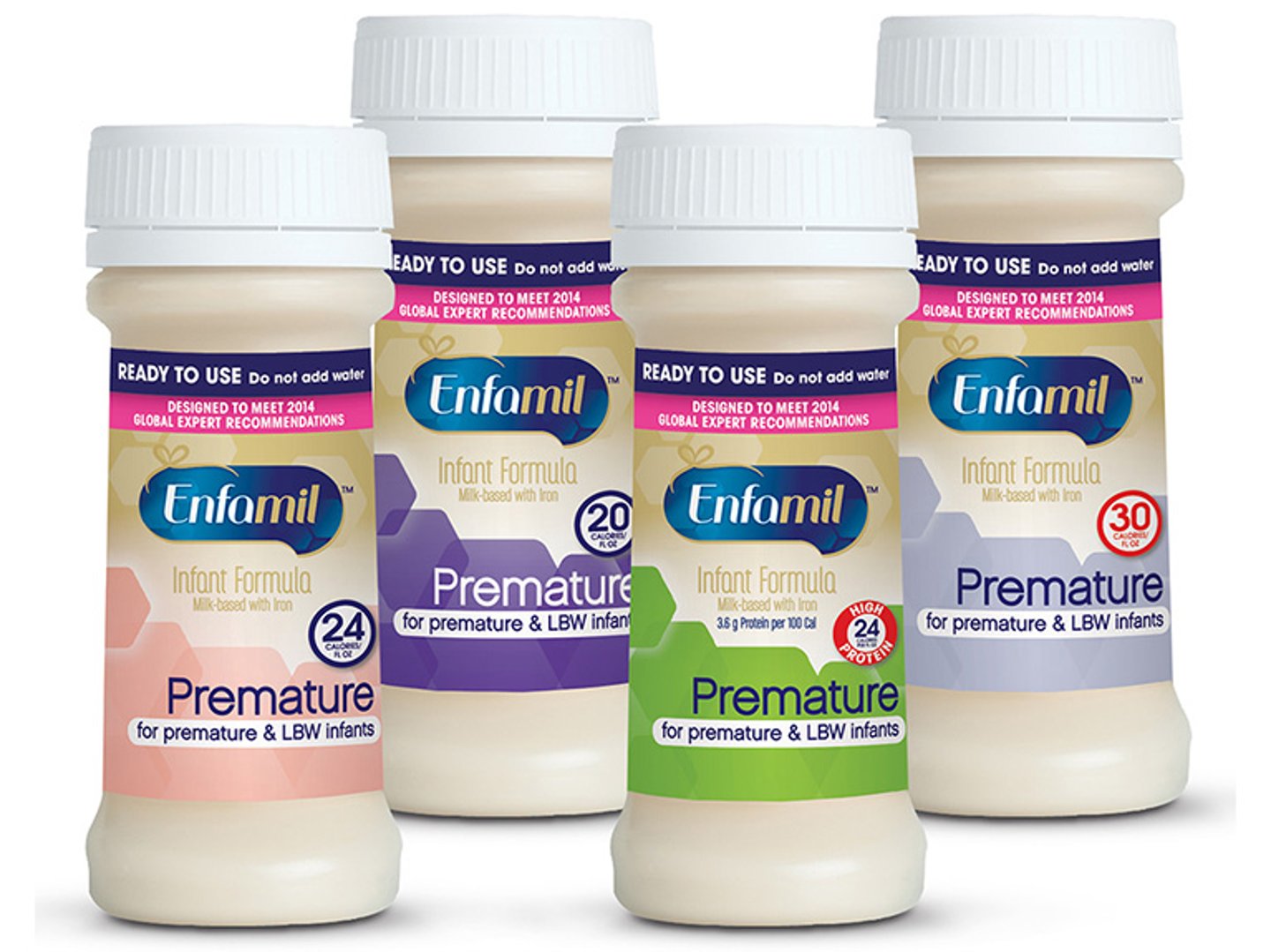Mead Johnson incorporates latest guidelines in reformulated Enfamil Premature Formulas
GLENVIEW, Ill. - Mead Johnson Nutrition on Tuesday launched the Next Generation Enfamil Premature Formulas, the first formulas designed to meet the 2014 Global Expert Recommendations for the nutritional care of preterm infants for all labeled nutrients. Reformulated to help clinicians, physicians and caregivers better support the nutritional needs of infants born prematurely, the formulas are now available in the United States.
“Preterm infants are at greater risk of nutritional deficits that could lead to challenges with overall growth and development,” stated Carol Lynn Berseth, director of global clinical innovation at Mead Johnson Nutrition. “Providing the recommended nutritional intervention needed from birth helps children to grow, develop and thrive. Ensuring that our products offer excellent nutrition to these infants hits at the very core of Mead Johnson’s mission to nourish the world’s children for the best start in life.”
The 2014 Global Expert Recommendations for the nutritional care of preterm infants were developed with the insights of 33 pediatric nutrition experts across five continents and published in the new international guide, “Nutritional Care of Preterm Infants: Scientific Basis and Practical Guidelines,” which represents the current guidelines for the nutritional care of premature infants. Eleven labeled nutrients were updated in the Next Generation Enfamil Premature Formulas to meet the 2014 Global Expert Recommendations, including nutrients such as:
Protein: Early nutritional management with adequate levels of protein helps promote postnatal growth;DHA: DHA helps support brain and eye development. This nutrient is important for premature infants, as they may have low DHA status because their abrupt birth interrupts the placental transfer of DHA, which predominantly occurs in the last trimester; andVitamin D: Important for maintaining proper blood calcium and phosphorus concentrations to help support bone mineralization and cellular processes.
According to the World Health Organization Global Action Report on Preterm Birth, there have been notable declines in neonatal mortality over the past 50 years. With advancements in obstetric practice, intensive care practice and newborn nutritional care, the neonatal death rate per 1,000 live births in the United Kingdom and United States has steadily declined from approximately 20 per 1,000 in 1960 to about 5 deaths per 1,000 live births in 2010.

